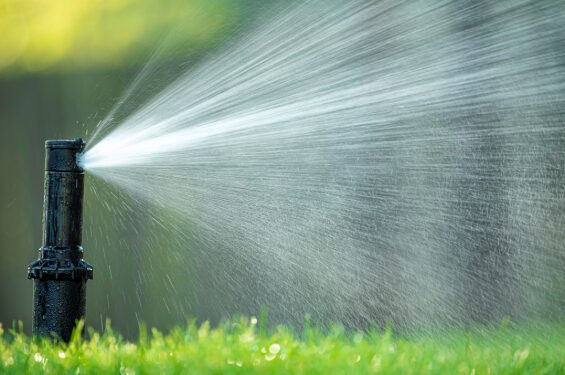
We’ve all heard myths and rumors about how safe or efficient household appliances are. Let’s take a look at some of the more popular ones and see what’s fact and what’s fiction.
1. Rinse your dishes before putting them in the dishwasher
Actually, rinsing dishes before loading them in the dishwasher doesn’t get them any cleaner. You may actually be doing more harm than good. According to Consumer Reports, pre-rinsing can waste more than 6,000 gallons of water each year. You could even damage your dishes. Without enough grime to clean, the high level of alkaline in dishwasher detergents tend to be more aggressive on your dishes – causing cloudiness and scratches.
2. Appliances don’t use power when they’re not being used
Appliances do use power in standby mode. Leaving your cell phone charger plugged into the outlet without charging your phone uses power – about 1 watt of electricity. And your TV digital cable box consumes 33 watts. In other words, the more appliances you leave plugged in, the more electricity you’re wasting.
3. When you get home on a cold day, crank up the thermostat to warm your house up faster
Unfortunately, it doesn’t work. While instant results would be nice, that just isn’t the case. Rather than pump out more heat in a shorter amount of time, your furnace will just run longer.
4. The cost of heating an entire house is through the roof. A space heater in a few rooms should help you save
Not so much. Not only do space heaters use a lot of energy, but they usually cost more for providing the same amount of heat as a gas furnace. They can also be dangerous if not used correctly. Rather than having a space heater run in one or more rooms for a long period of time, simply raising your thermostat can be more efficient.
5. Extension cords are a must these days. And they last forever
Long-term use of an extension cord can cause the insulation to deteriorate and cause a fire. According to the Electrical Safety Foundation International, about 3,300 home fires are caused by faulty or damaged extension cords each year. Protect yourself and only use one on a temporary basis.
6. A smoke alarm will alert you before the fire actually starts
While some detectors can identify a fire in the very early stages – the smoldering phase – they’re not smart enough to sound off before the fire starts. That being said, having smoke detectors on every floor of your home is important. Batteries should be tested regularly and changed every six months.
These are just a few home appliance myths debunked. Whether the truth behind them ends up saving you money, time or energy, being safe should always be the top priority.
Visit our resource center for more home safety tips to keep you and your family protected.



